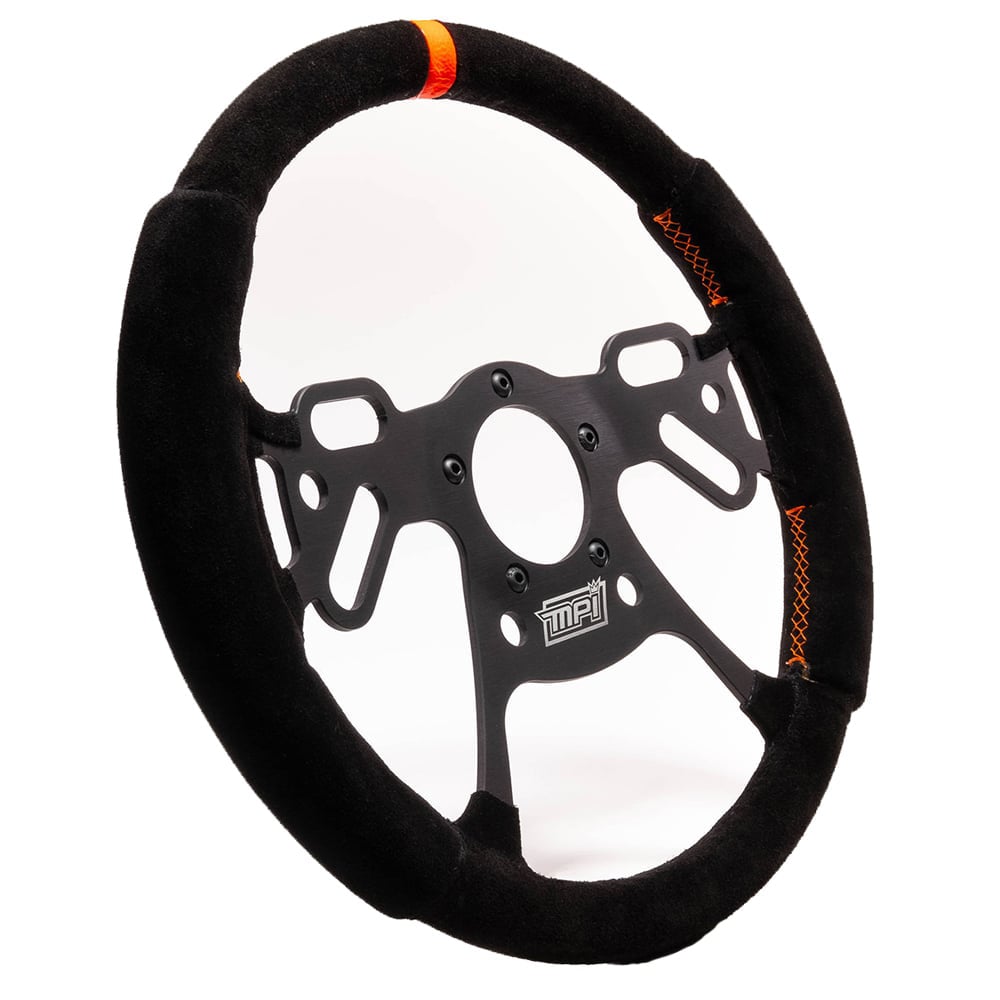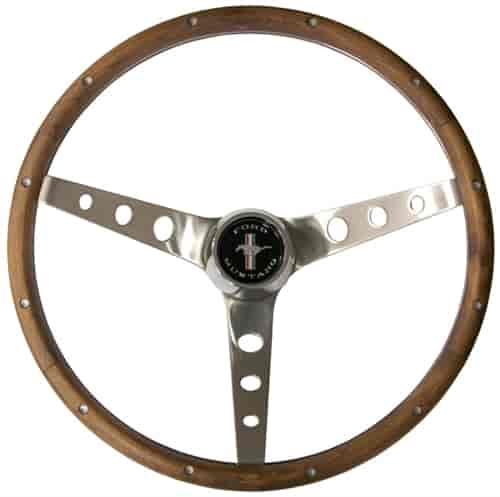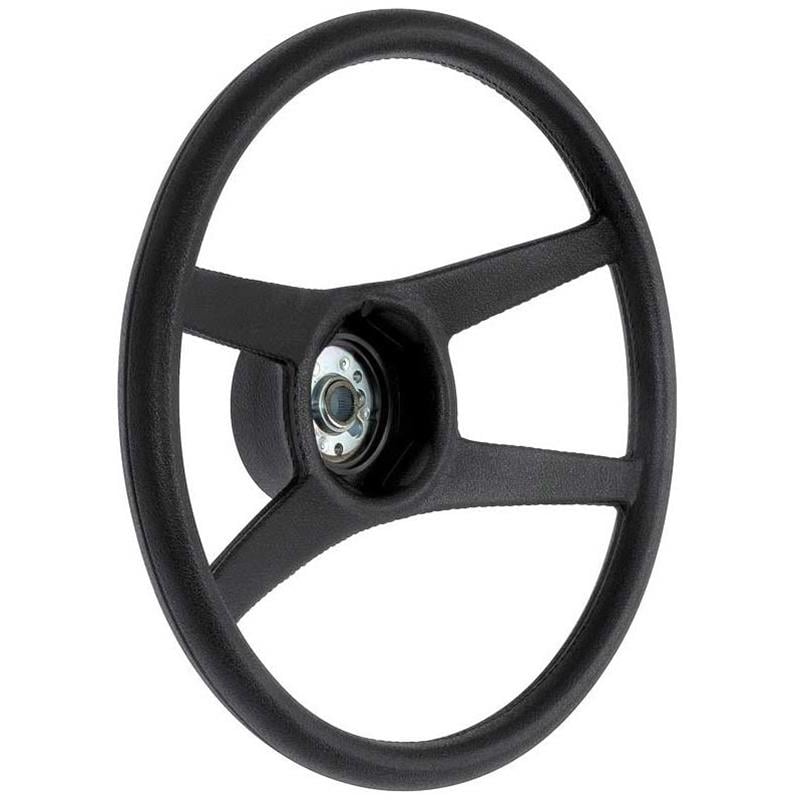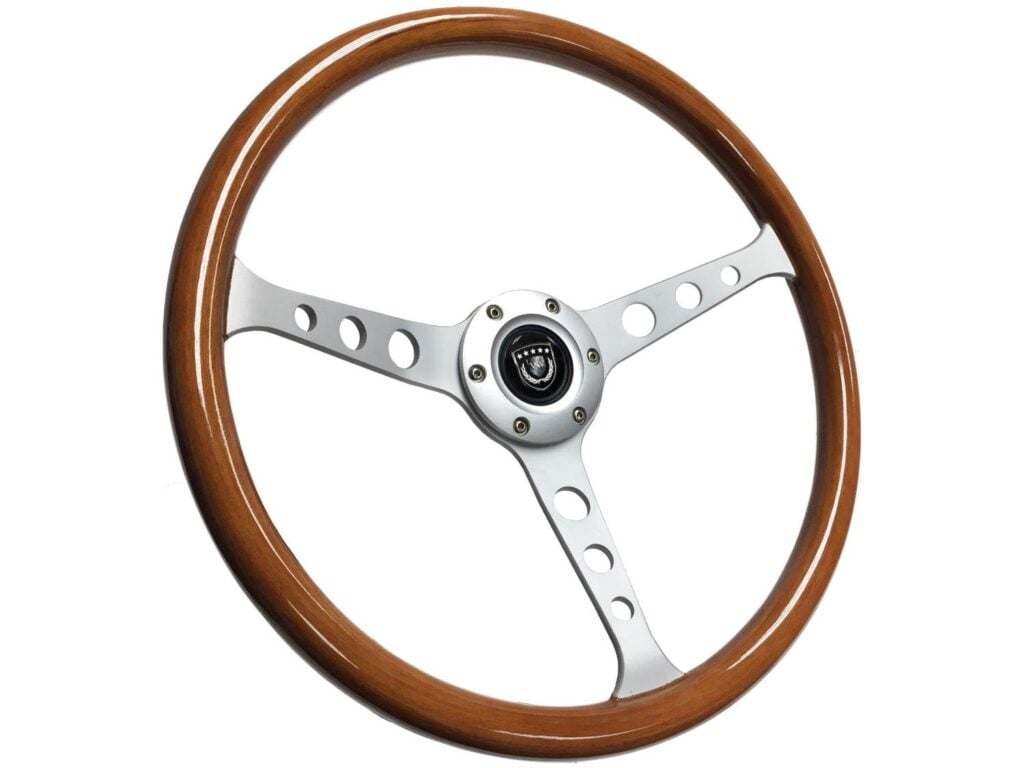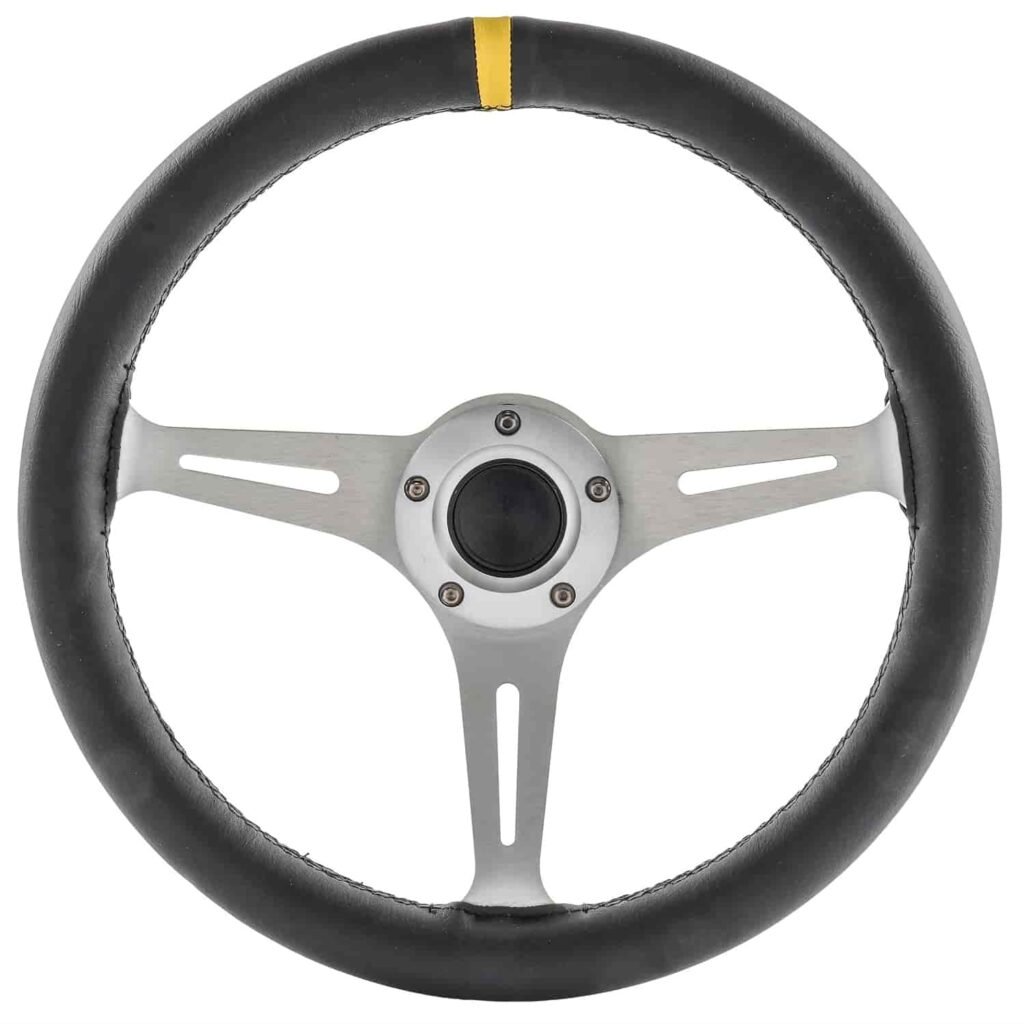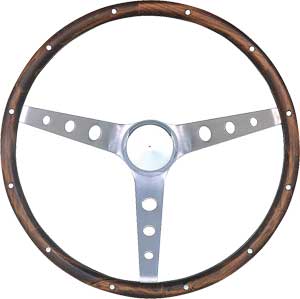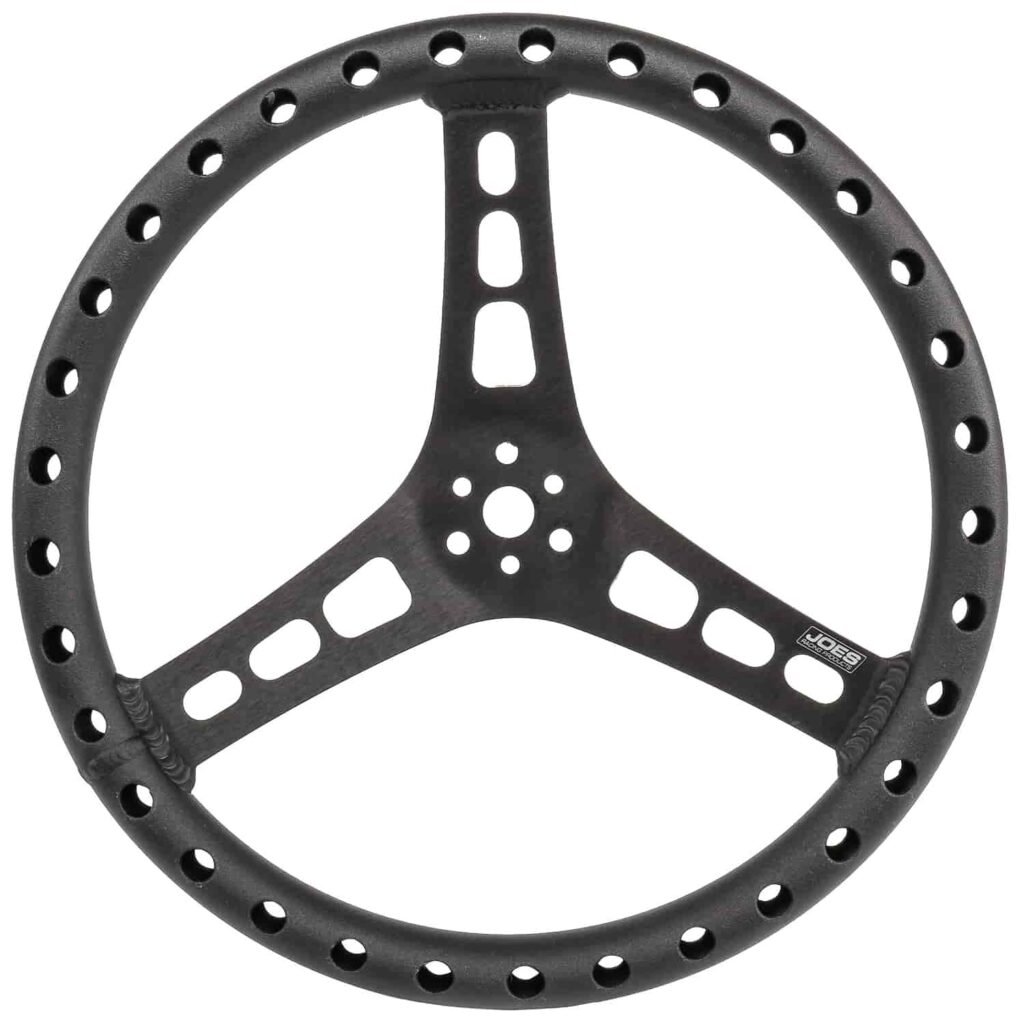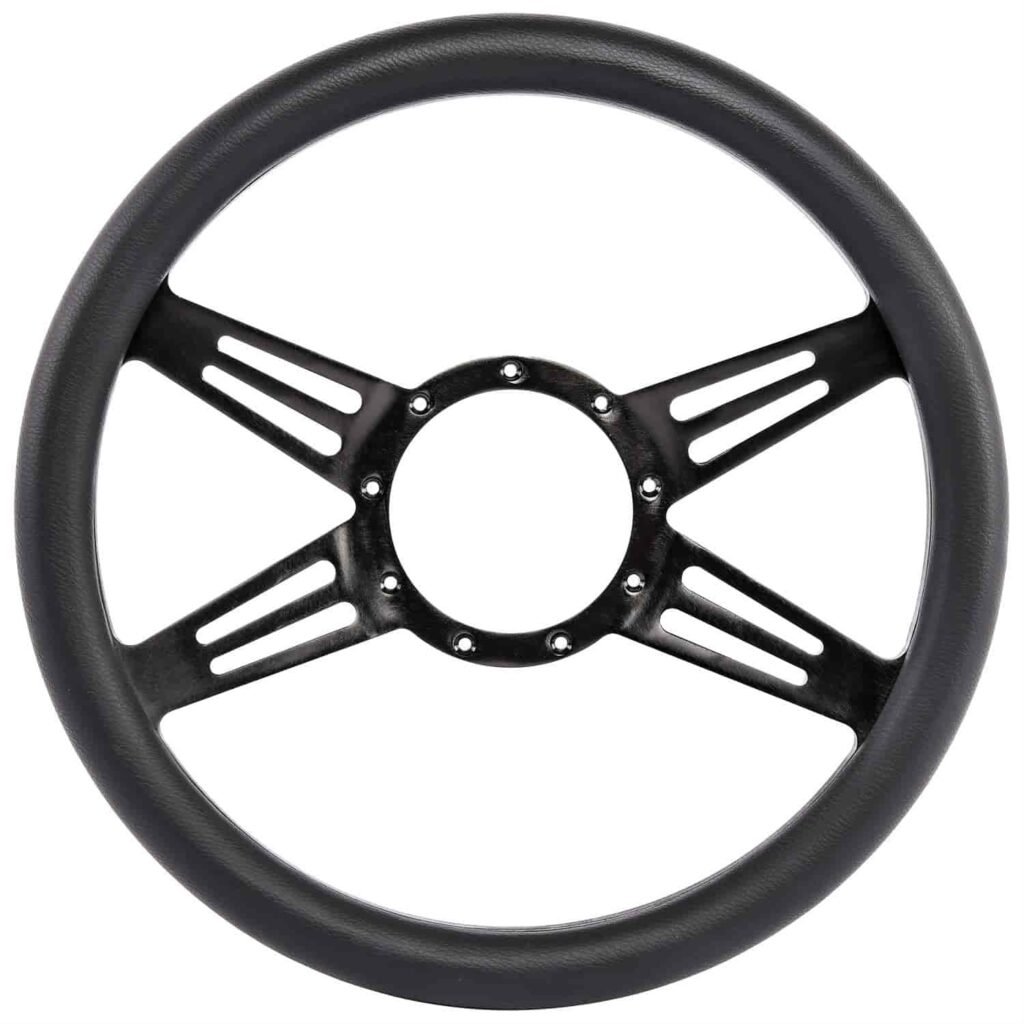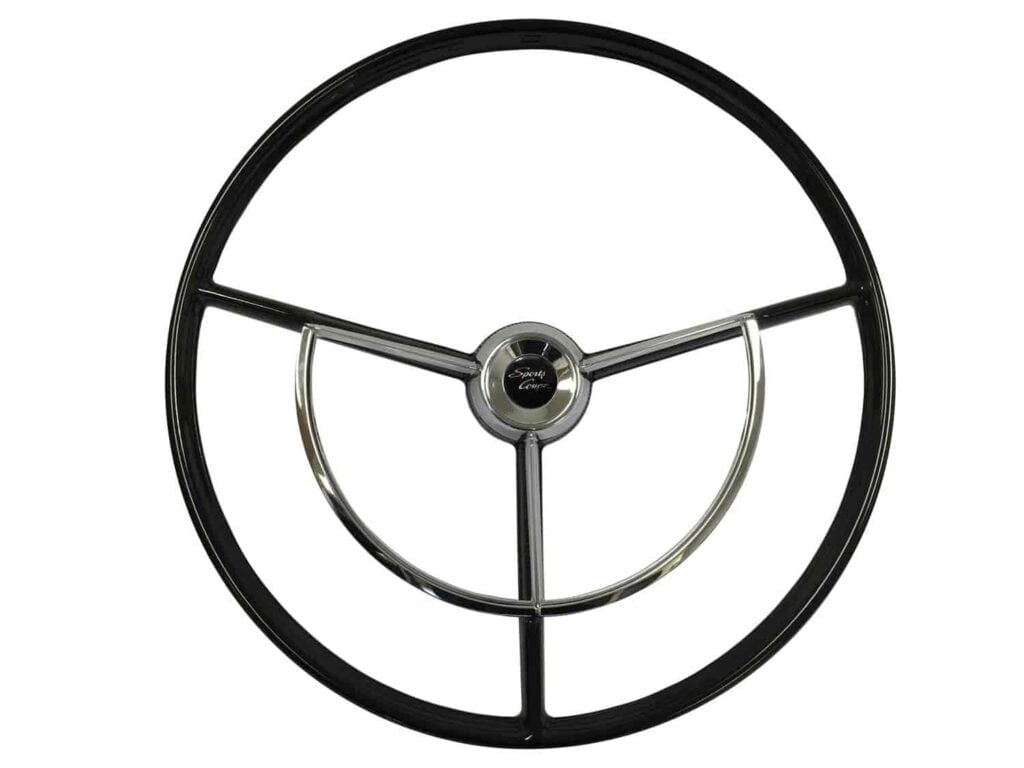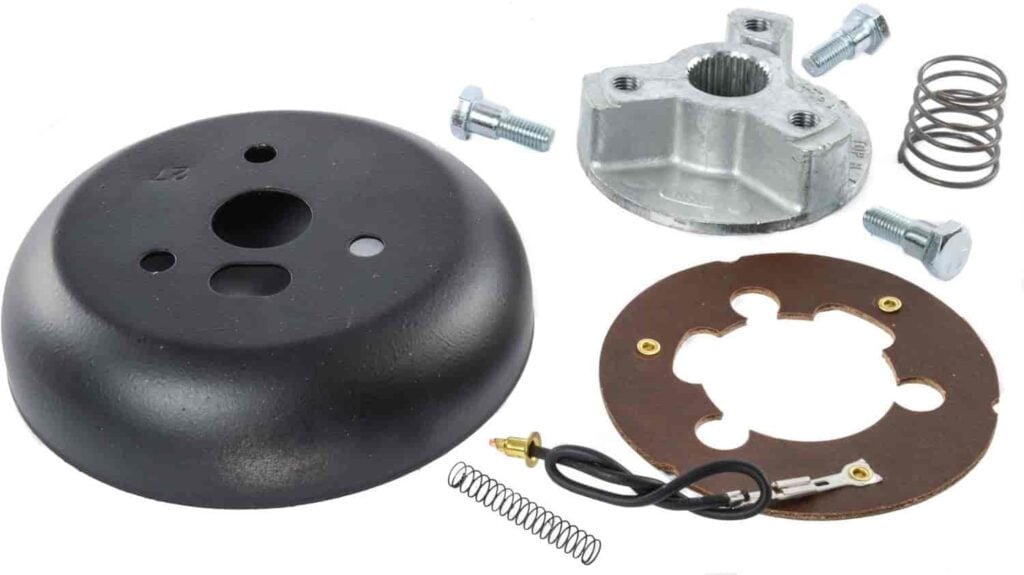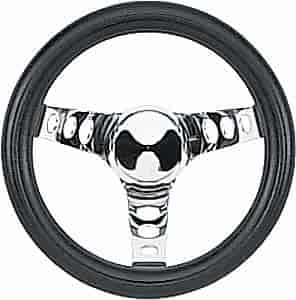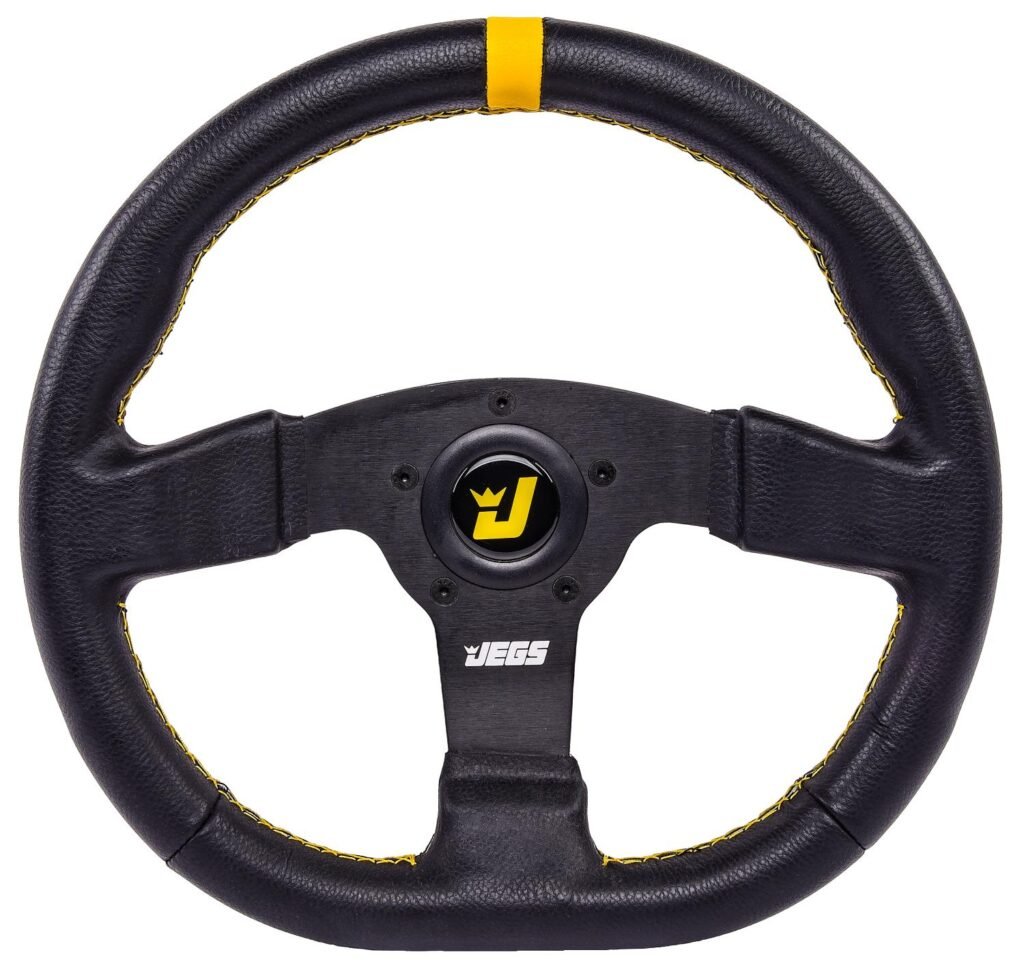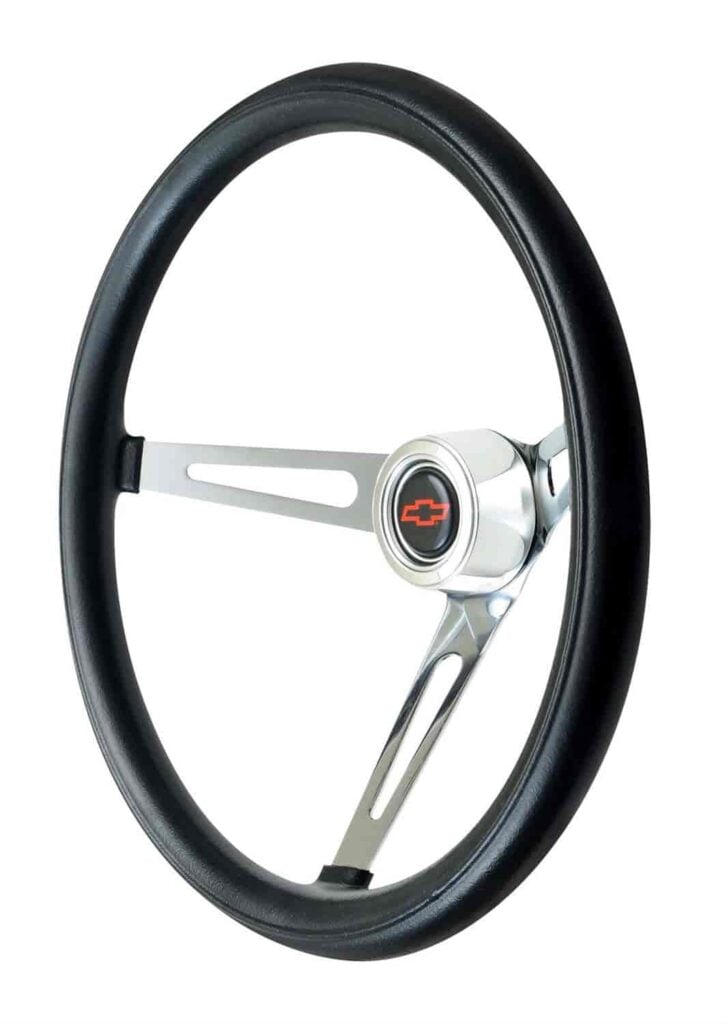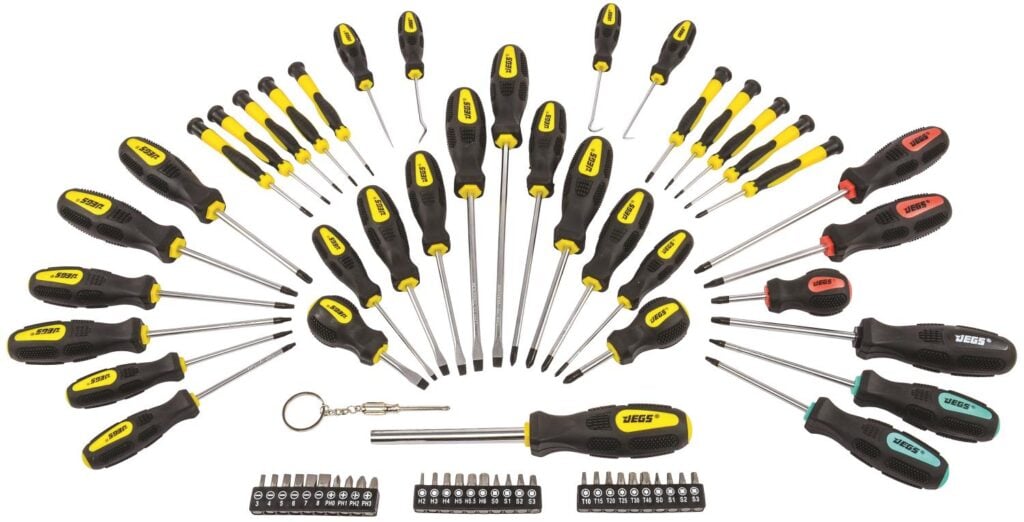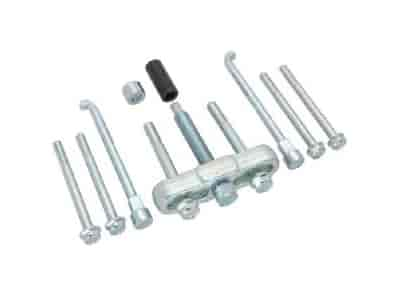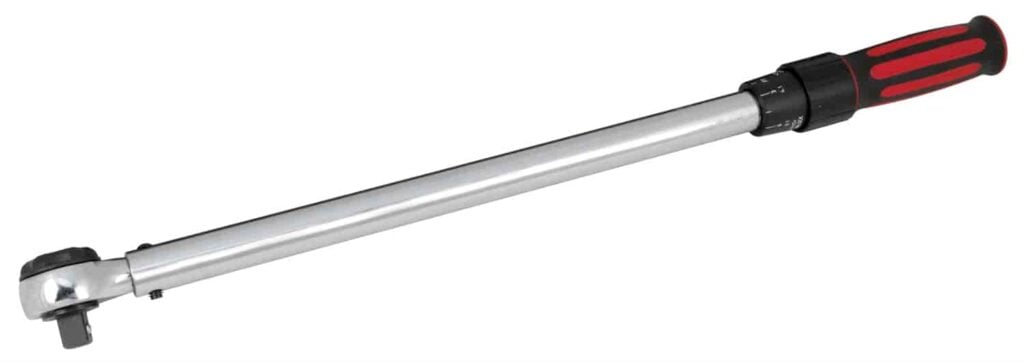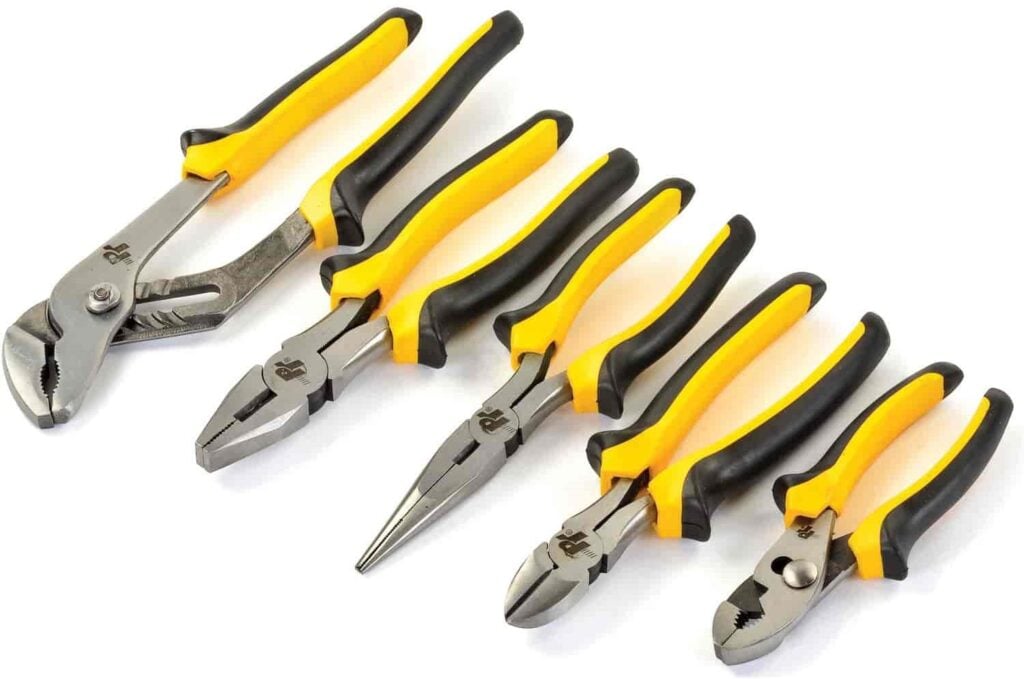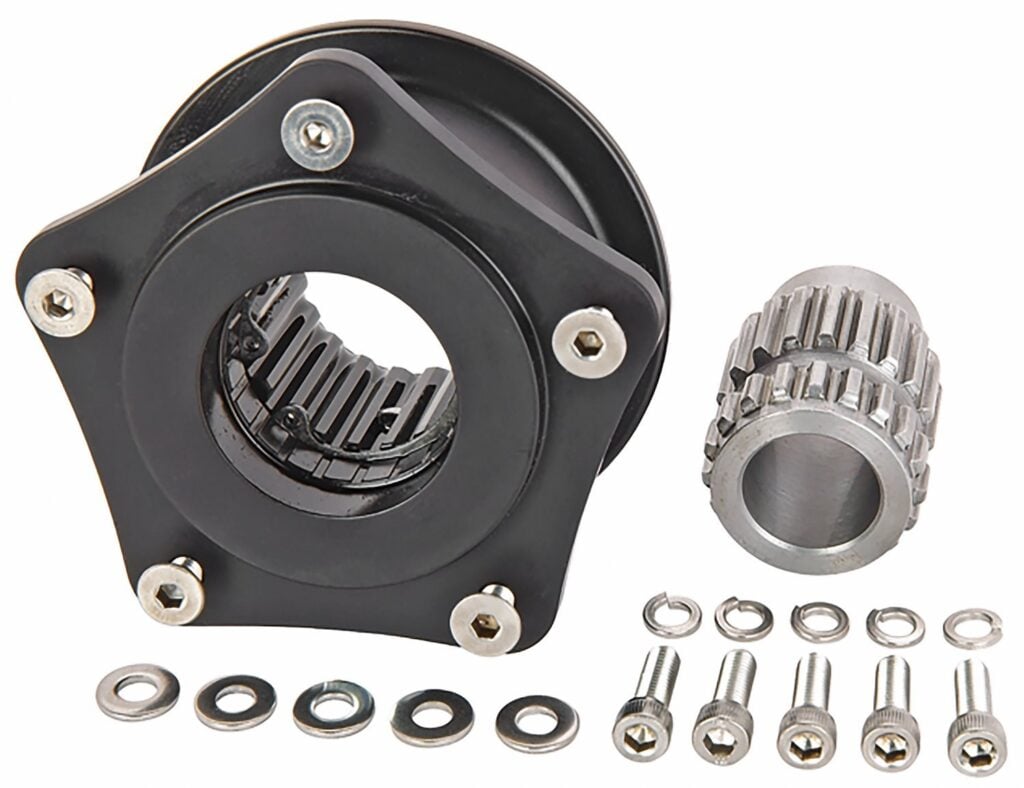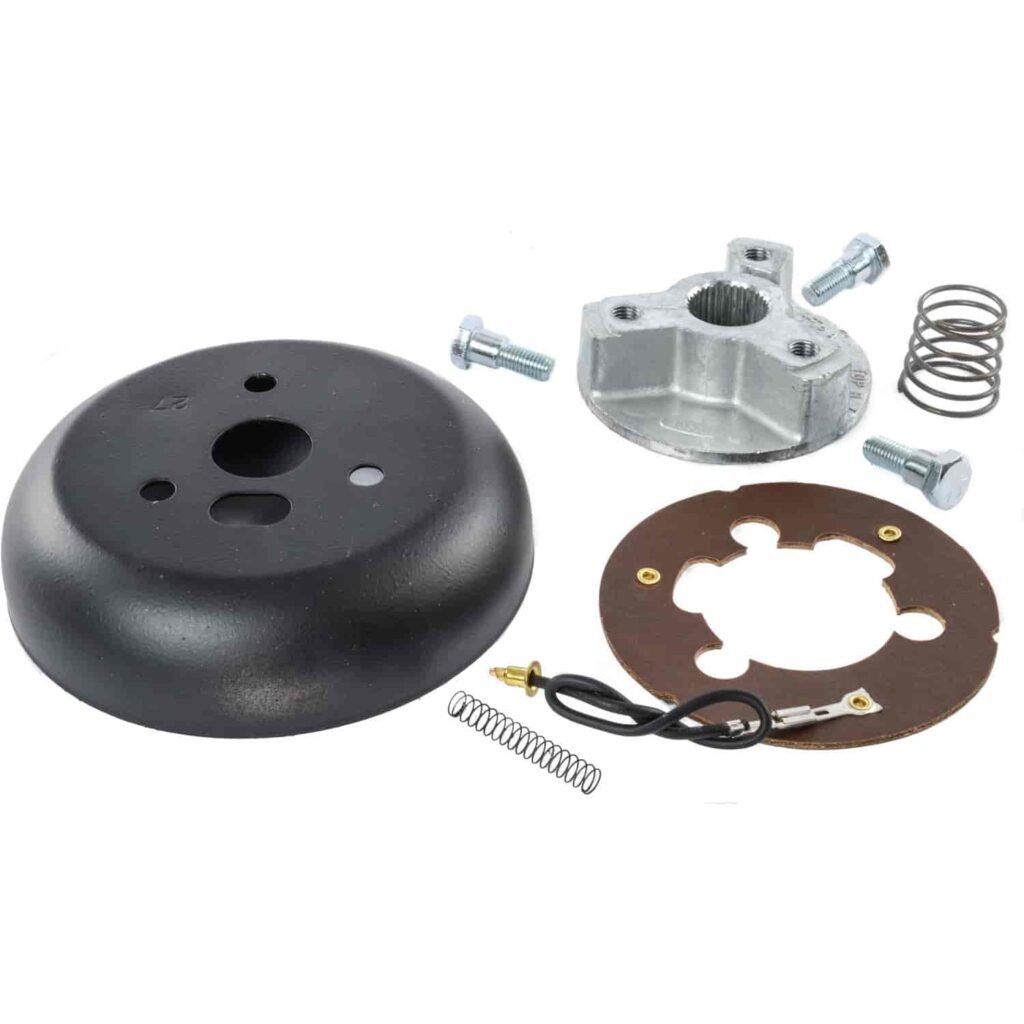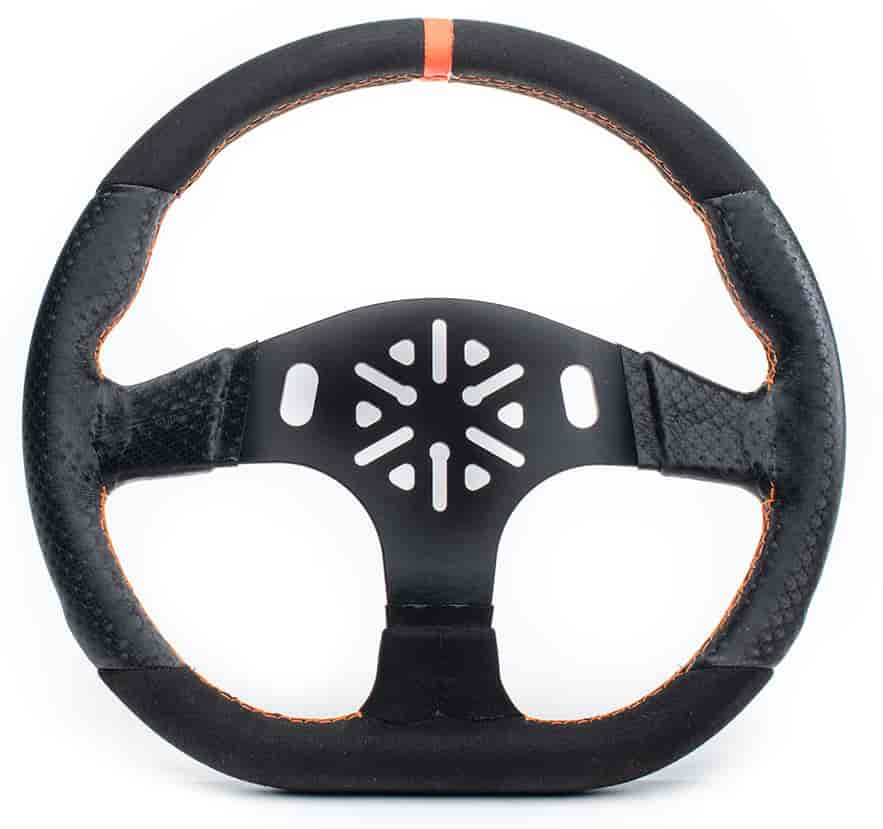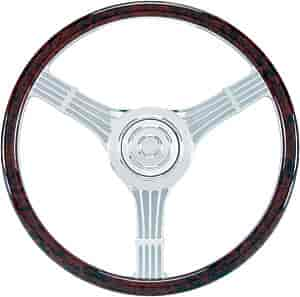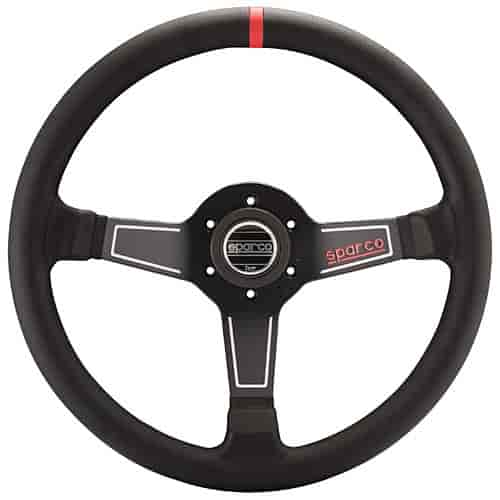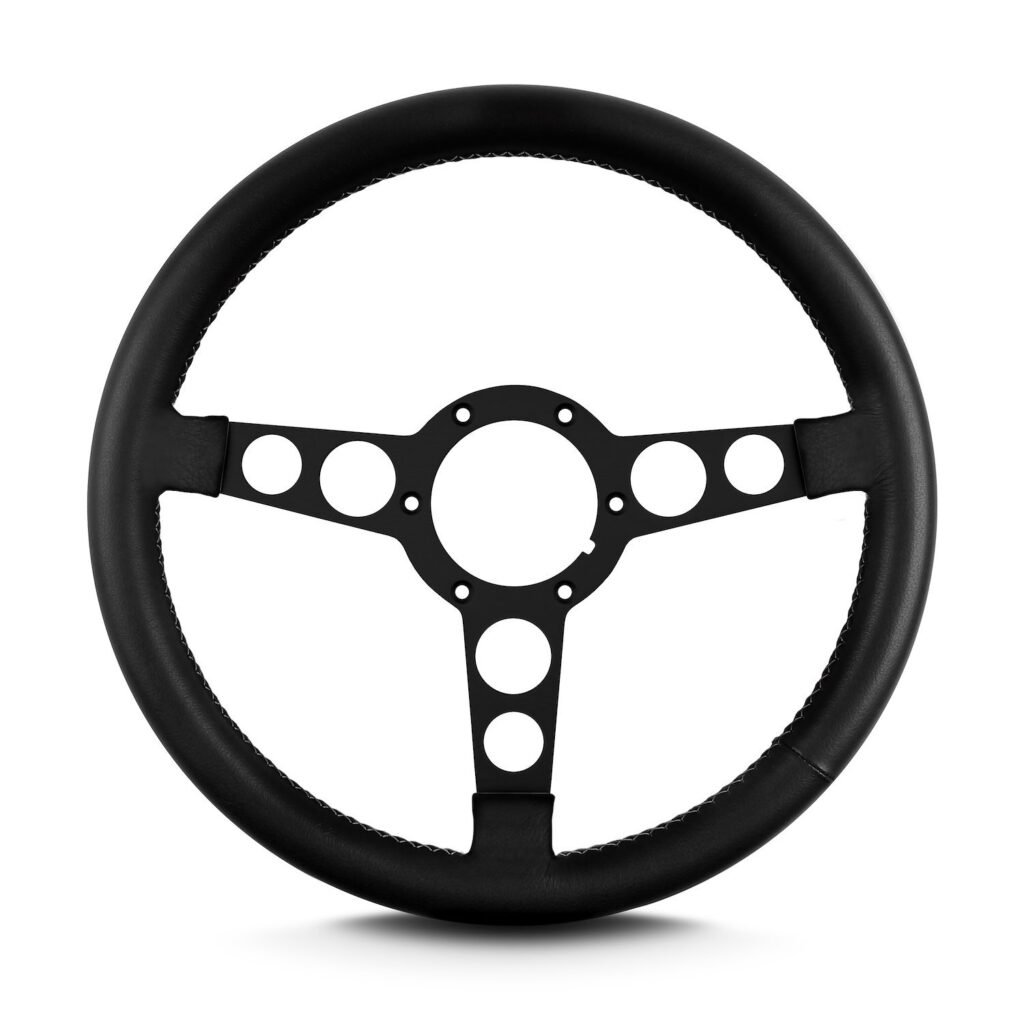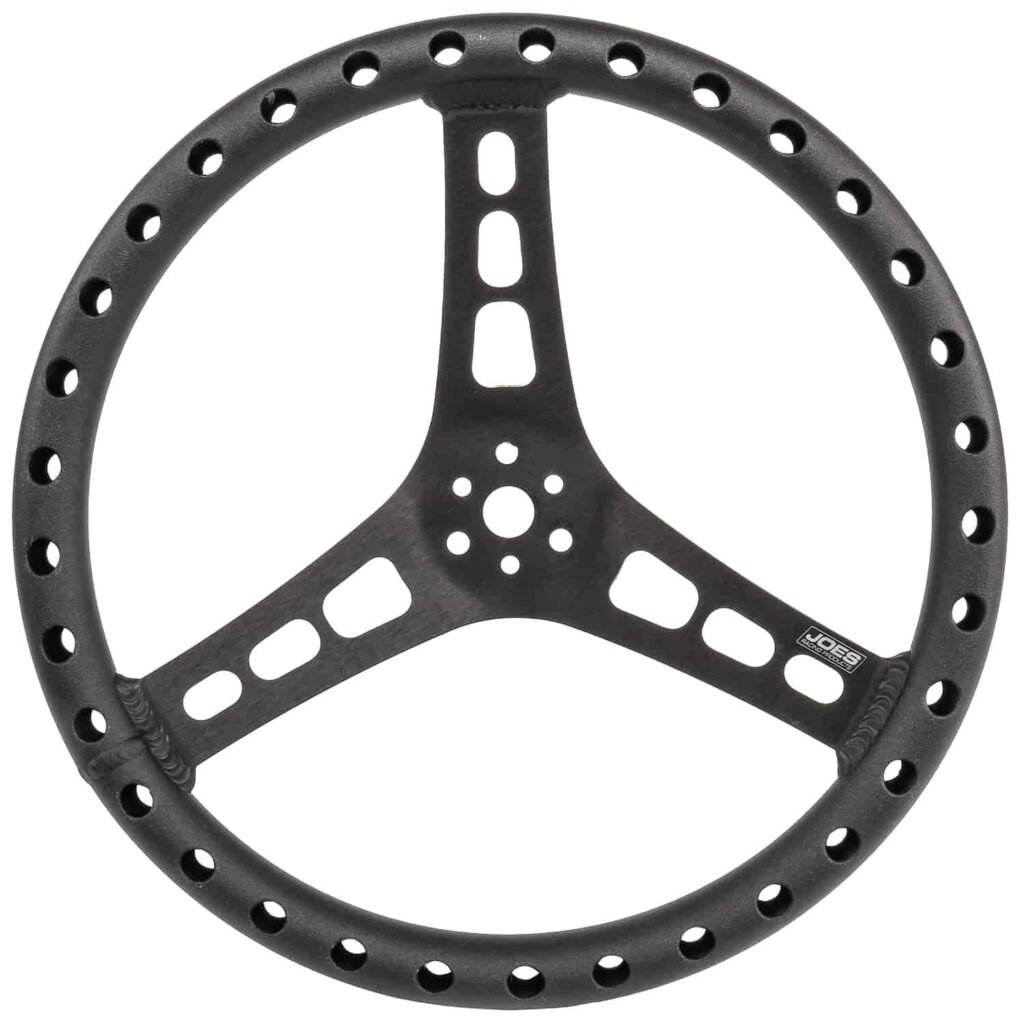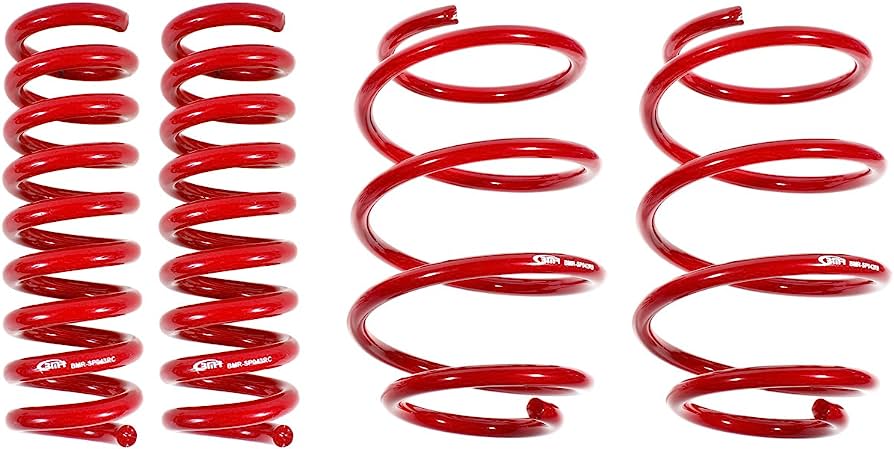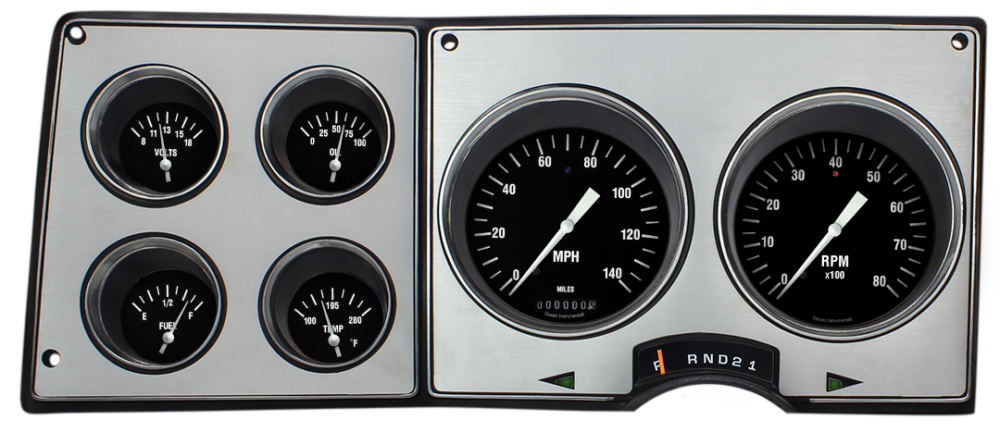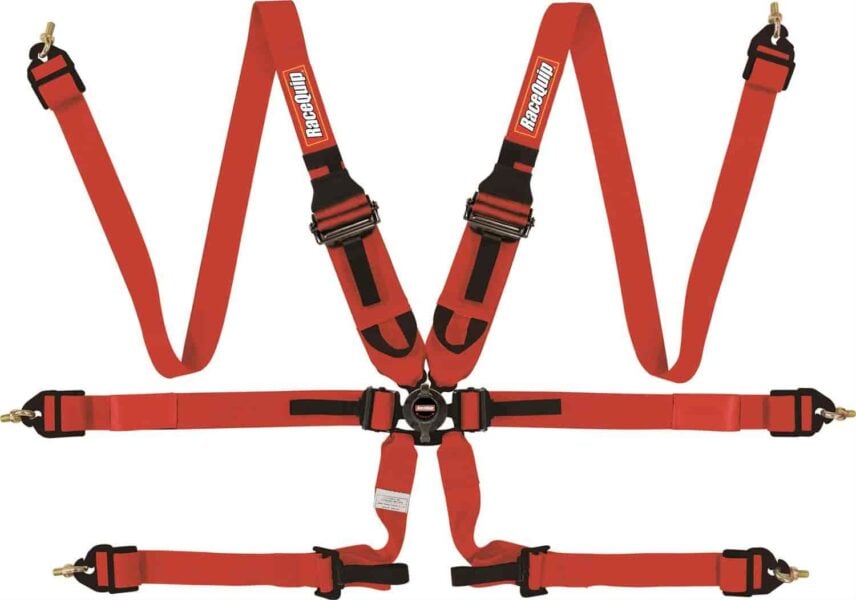An aftermarket steering wheel is a unique customization option that can not only enhance the aesthetics of a vehicle but also improve its drivability. However, federal law mandates that you can't remove or alter a vehicle's airbags if it came with them from the factory. Since aftermarket steering wheels don't have airbags, they really only make sense if you're driving a car built before airbags were made standard safety equipment (1998) or you are racing on a private course. We won't go any further into the specific regulations, but we will suggest you review local laws on your state’s DMV website before replacing a truck or car steering wheel.
Moving on, you can begin the process of choosing a steering wheel by deciding on a type, which typically includes categories like sport, racing, or vintage, each designed with its specific use case in mind. But that's not all; you should also consider bolt pattern, diameter, shape, and dish. What are these? JEGS answers these questions and more in our in-depth guide to choosing the right steering wheel for your vehicle.
Different Types Of Steering Wheels
First, we dive into some common types of steering wheels: stock, sport, vintage, and racing. Each has unique features tailored for specific use cases, and understanding these differences can make your selection easier.
In terms of price, aftermarket and custom steering wheels typically range from $50-$250, depending on the type, material, brand, and special features, but some cost significantly more, like those used in F1 racing, or those with electronics integrated into them.
Read on to discover which type of steering wheel aligns best with your vehicle, driving habits, and personal style.
- Stock: A stock steering wheel, also known as an original equipment manufacturer (OEM) wheel, comes as standard equipment on a vehicle when purchased new. These are usually designed for comfort and ease of use to appeal to the average car shopper. They may come equipped with safety features such as airbags and controls for your specific car's audio and cruise control. However, stock steering wheels might lack the unique touch many drivers desire, and their one-size-fits-all design may not cater to specific driving styles.
- Sport: A sport steering wheel is an excellent choice for drivers wanting more control of their vehicle. Sport steering wheels are typically smaller in diameter than stock wheels, allowing for quicker and more responsive turns. They often feature ergonomic designs for better grip and control, along with a sleek aesthetic that can enhance your car's interior. Some even come with flat bottoms, a style borrowed from racing cars, to provide extra legroom and facilitate easier entry and exit from the vehicle.
- Classic/Vintage: If you want to maintain the original vibe of an older car, a classic or vintage steering wheel may be the perfect fit. These usually mimic the original designs with features like wood or polished chrome, intricate detailing, and high-quality craftsmanship. Moreover, if you're having a tough time locating an OEM replacement for a classic, this type of steering wheel may be simpler to find.
- Racing: Racing steering wheels are the top choice for performance driving and track use. They're designed for maximum control and minimal distraction, often made of lightweight yet robust materials. Race car steering wheels are smaller and may have a deep dish design (more on this later) for a more direct steering input, delivering a raw, tactile driving experience. Notably, many racing steering wheels feature quick-release mechanisms, allowing for rapid removal and reattachment. This is particularly useful in motorsport situations where every second counts; like after an accident, or for added security when the vehicle is not in use. Additionally, some come with unique features like holes in the spokes. These holes allow for the installation of coiled cord buttons, which can be used to control performance systems like nitrous, trans brake, or line lock, providing drivers with an edge during competitive racing.
What To Consider When Choosing A Steering Wheel
This next section explores additional elements of an aftermarket steering wheel that can affect your driving experience, vehicle compatibility, and overall safety, including its bolt pattern, diameter, shape, and dish.
Bolt Pattern
A steering wheel's bolt pattern refers to the arrangement of the mounting holes that attach it to the steering column. This is important because it needs to match the pattern on your vehicle's steering column for a secure and correct fit.
If the bolt patterns don't match, you'll need an adapter. An adapter is particularly useful when fitting an aftermarket steering wheel to a factory steering column. Most factory steering columns use a splined shaft, a design that features a series of ridges on a cylindrical shaft to transmit torque.
An adapter can bridge the gap between this design and the bolt pattern of an aftermarket steering wheel, ensuring a secure fit and maintaining the steering wheel's position and comfort.
There are several common bolt patterns, including six-bolt and three-bolt designs. Some manufacturers may have proprietary bolt patterns. For these reasons, it's worth researching your vehicle and understanding the specifics of your steering column before making a purchase.
Diameter
The diameter of a steering wheel, measured edge to edge across the center, can greatly impact both the feel of your steering and your comfort as a driver. Standard car steering wheels usually measure 14 to 15 inches in diameter, but aftermarket options can vary widely.
A smaller diameter wheel, often in the 10-13 inches range like those seen on sport and racing models, provides a quicker response and superior control, but may require more effort to steer. A larger diameter wheel, perhaps exceeding the 15-inch standard, can provide a more relaxed, comfortable grip but will offer less precise steering input.
It's important to think about your driving style and the type of driving you primarily do. If you often find yourself engaged in high-performance or competitive driving, a smaller wheel might be best suited for your needs. Conversely, for daily commuting or longer drives, a larger wheel could offer more comfort and reduce fatigue.
Shape
Steering wheels come in various shapes, from traditional circular designs to D-shaped or even rectangular ones. A circular wheel is versatile and comfortable for various driving styles. A D-shaped or flat-bottomed wheel provides more legroom, which can be helpful in sporty cars with tight cockpits.
Additionally, the wheel's rim may be contoured for a more ergonomic grip. There can be finger notches at the back or a varying cross-section diameter, depending on the grip style. This can come down to a matter of personal preference, so it's best to explore different shapes to find what suits you.
Dish
The dish of a steering wheel, also known as the offset, refers to the distance between the mounting surface (where it attaches to the steering column) and the wheel's grip surface. A deep-dish wheel brings the steering wheel closer to the driver, reducing the reach and potentially offering a more comfortable driving position.
On the other hand, a shallow or zero-dish wheel keeps the wheel further from the driver. This can offer more space in smaller cabins but might not be as comfortable for some. Just like the shape, it's important to consider your own comfort and the vehicle's interior space when choosing the dish of your steering wheel.
What You'll Need For Installing A Replacement Steering Wheel
Before you dive into replacing your steering wheel, you should make sure you have the tools and materials typically needed. This should help make the process smoother and reduce the chances of complications. Note that the exact tools required can vary between vehicles.
- Screwdriver: You'll need a screwdriver set to remove any screws holding the old steering wheel in place. These could be Phillips, flathead, or Torx screws, so a varied set is helpful.
- Steering wheel puller: A steering wheel puller is also necessary. This specialized tool helps extract the wheel safely from the steering column without harming other components. Don't attempt to force or hammer the wheel off, which can result in costly damage.
- Socket set/wrench: You'll also require a socket set and wrench for undoing the center nut that secures the steering wheel to the column. Make sure to have a range of sizes, as the exact size can vary between vehicle models.
- Torque wrench: A torque wrench is another important tool to have. It's used to tighten the center nut to the correct specification, ensuring a secure and safe attachment of the new steering wheel. Over or under-tightening can lead to issues, so this is key.
- Needle-nose pliers/electrical tape: A set of needle-nose pliers can come in handy for handling small connectors. Electrical tape might be needed if your new wheel comes with electrical features. For a more secure and permanent connection, consider using heat shrink tubing and connectors.
- Quick-release adapter: If you're installing a race car steering wheel with a quick-release mechanism, you'll also need the specific quick-release adapter for your vehicle's steering column.
- Steering wheel adapter: As mentioned earlier, if you're installing an aftermarket wheel onto a factory steering column, you may need an adapter. An adapter can bridge the gap between this design and the bolt pattern of an aftermarket wheel, ensuring a secure fit and maintaining the correct position.
JEGS: For All Your Steering Wheel Needs
Choosing the right steering wheel can significantly enhance your driving experience and the aesthetics of your vehicle. Remember to also consider the type, bolt pattern, diameter, shape, and dish of the wheel, and always check your local regulations before making a change.
For an extensive selection of aftermarket steering wheels from reputable brands, consider JEGS, a leading supplier of performance automotive parts and accessories. Still have questions? Contact our team today.
